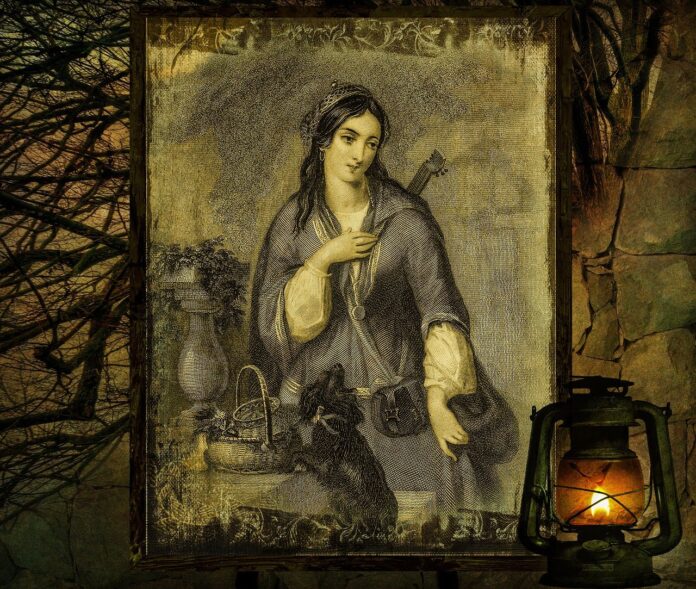
Far From the Madding Crowd book is an 1874 novel by the English novelist and poet Thomas Hardy. It is one of his notable works, and the title comes from a poem by Thomas Gray. The novel’s main character is Bathsheba Everdene, and the events take place in the rural southwest of Victorian England.
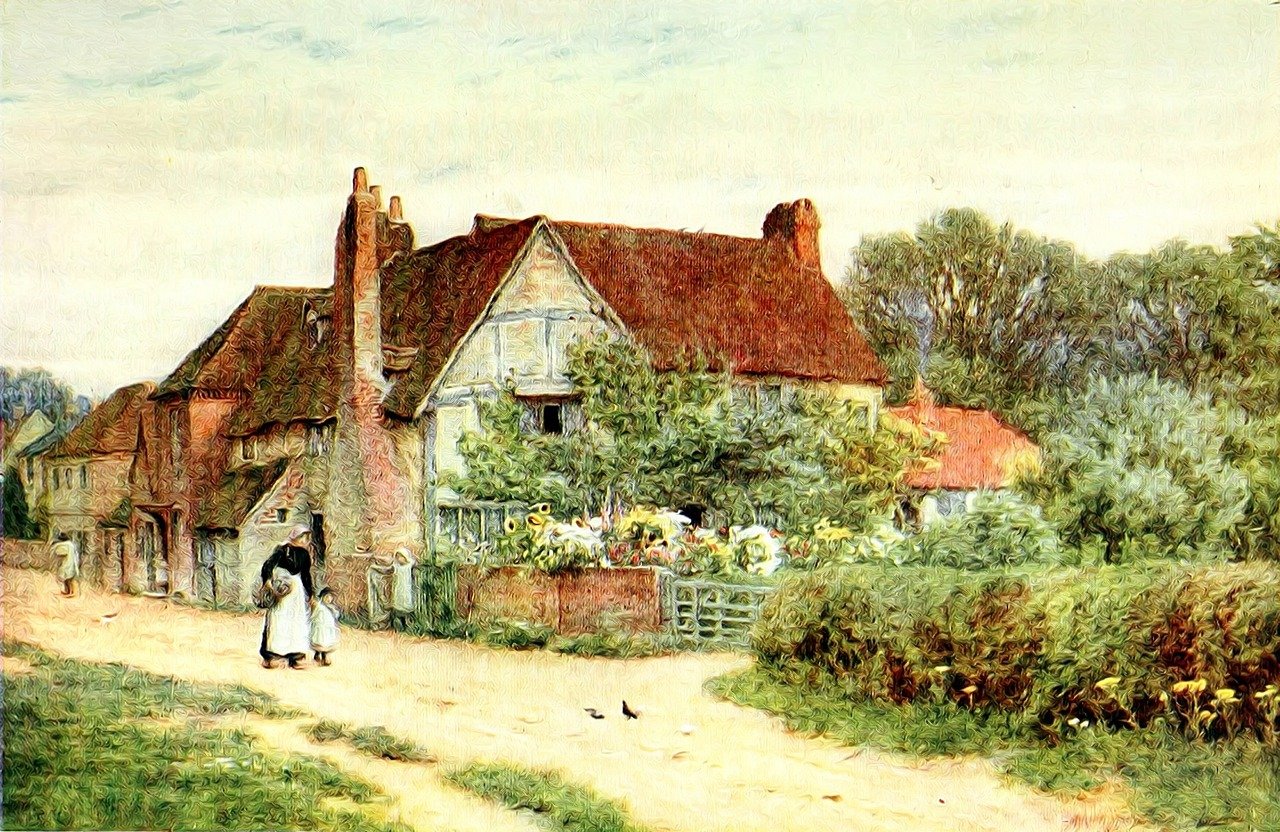
The beginning of Far From the Madding Crowd book
Far From The Madding Crowd occurs in rural Victorian England. Bathsheba Everdene is an independent and unconventional girl who does not dream about marriage. In different occasions, she had met Gabriel Oak, a shepherd who falls in love with her. Bathsheba inherits the farm of her late uncle, farmer Everdene, who was “a very good-hearted man”. Her parents were “towns-folk”, and they died years ago leaving the girl an orphan. Bathsheba makes the acquaintance of Mr Boldwood, who is a handsome and rich gentleman-farmer. In the past, Bathsheba refused the marriage proposal of Gabriel Oak, believing that he was not quite good enough for her, even though she “rather liked Gabriel”. Although Beersheba is not familiar with a farm’s administration, she gathers all her workers announcing her intention to do her best and help them if they were serving her properly. For Bathsheba being a woman is not a limitation. Indeed she is an agriculturist and the responsible and manager of the entire farm.
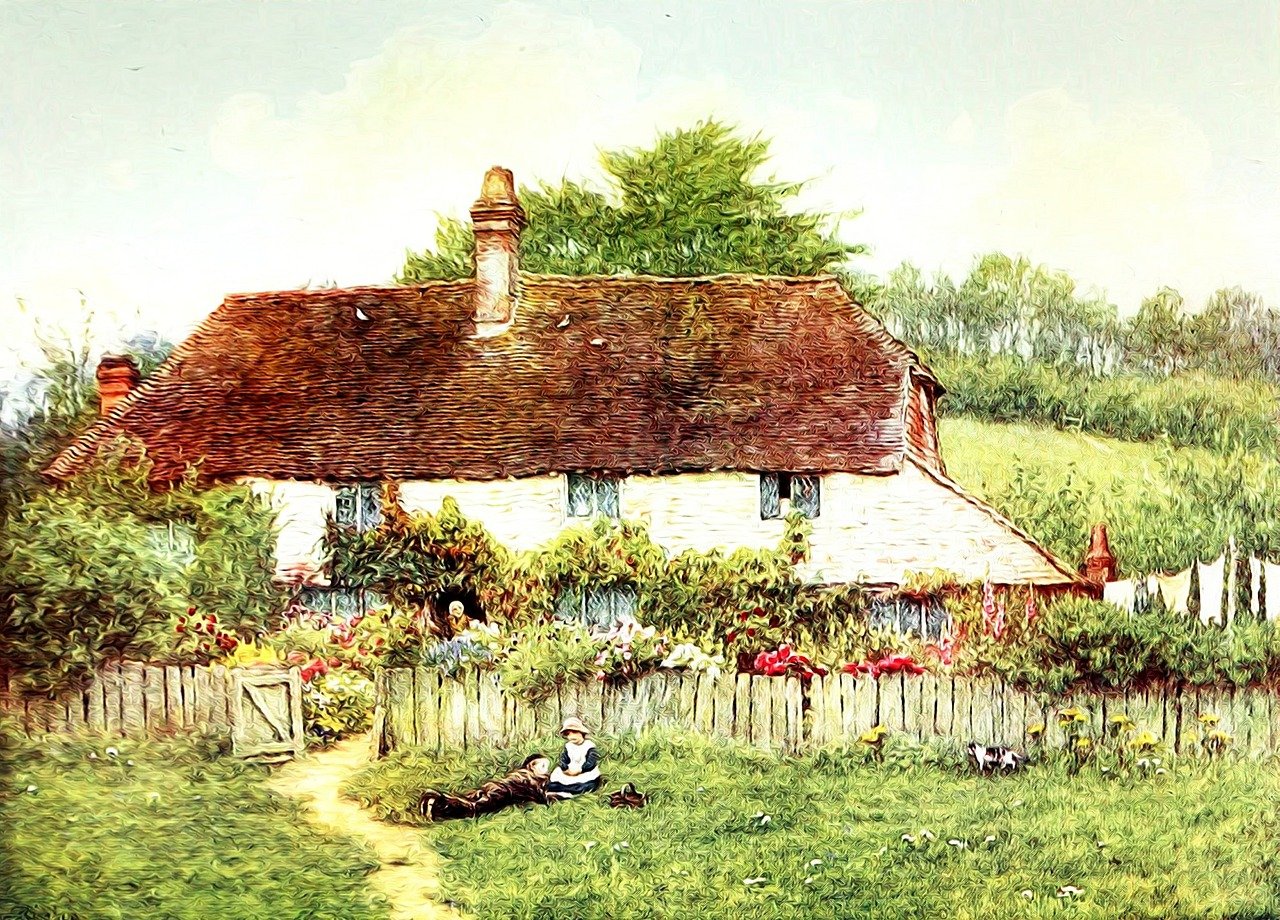
Life in Weatherbury Upper Farm and beyond
With the time Bathsheba acquires confidence in her business, talking boldly to men. Bathsheba is firm, but not obstinate; in fact, she is flexible and sometimes naive. The beauty of Bathsheba is magnetic and charismatic, and it is manifest even as mistress of a farm and house. Meanwhile, Fanny Robin, who is one of the servants of Bathsheba, secretly went to meet her lover, Sergeant Frank Troy, who is a boaster and poser. The “honest” Frank tricks Fanny, letting her believe that he would marry her when his intentions are merely the ones of a skilful player. The charm of farmer Boldwood struck Bathsheba even if William appears as an indifferent and reserved person. Nevertheless, when he makes her an offer of marriage, initially she refuses because she is not in love with Mr Boldwood.
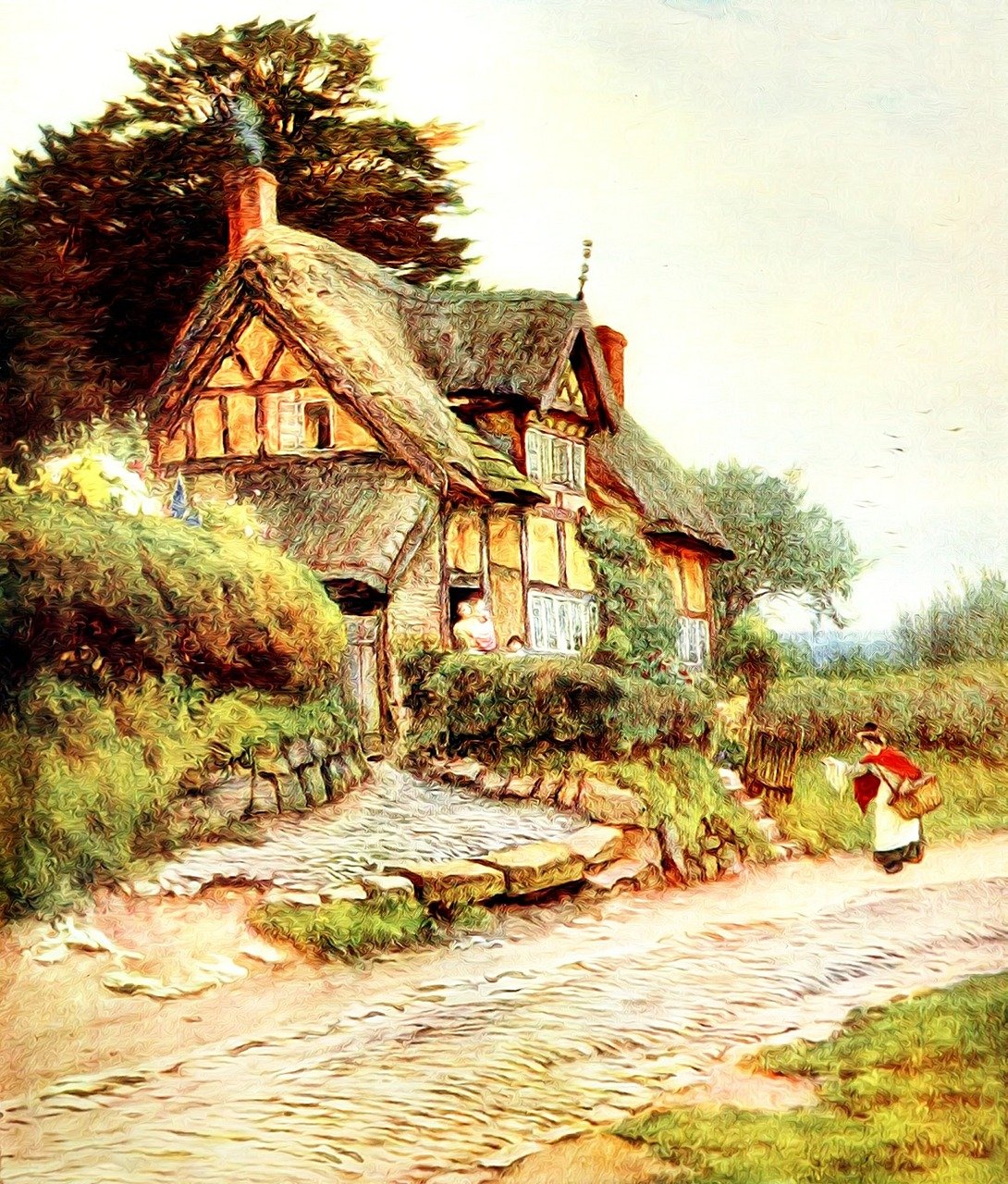
As time passes in Weatherbury
Weatherbury was immutable in comparison with cities. In Weatherbury, the passing of time was unchangeable, and the ageless life had a sort of staticity. Furthermore, as time passes, different unexpected events occur in the life of Bathsheba Everdene. In a night, Bathsheba runs into Frank Troy, who was wandering in her land. The crafty Frank skillfully knew how to get the attention of Bathsheba. Indeed, he was a master in boasting and deception. Hence, he started to flatter her with compliments and sweetish gallantry, unlike Boldwood, who had never told her she was beautiful. Sergeant Troy was a lier with women and relatively honest with men. For instance, “he could speak of love and think of dinner; call on the husband to look at the wife; be eager to pay and intend to owe”. Although he firmly believed that while interacting with women “the only alternative to flattery was cursing and swearing”.
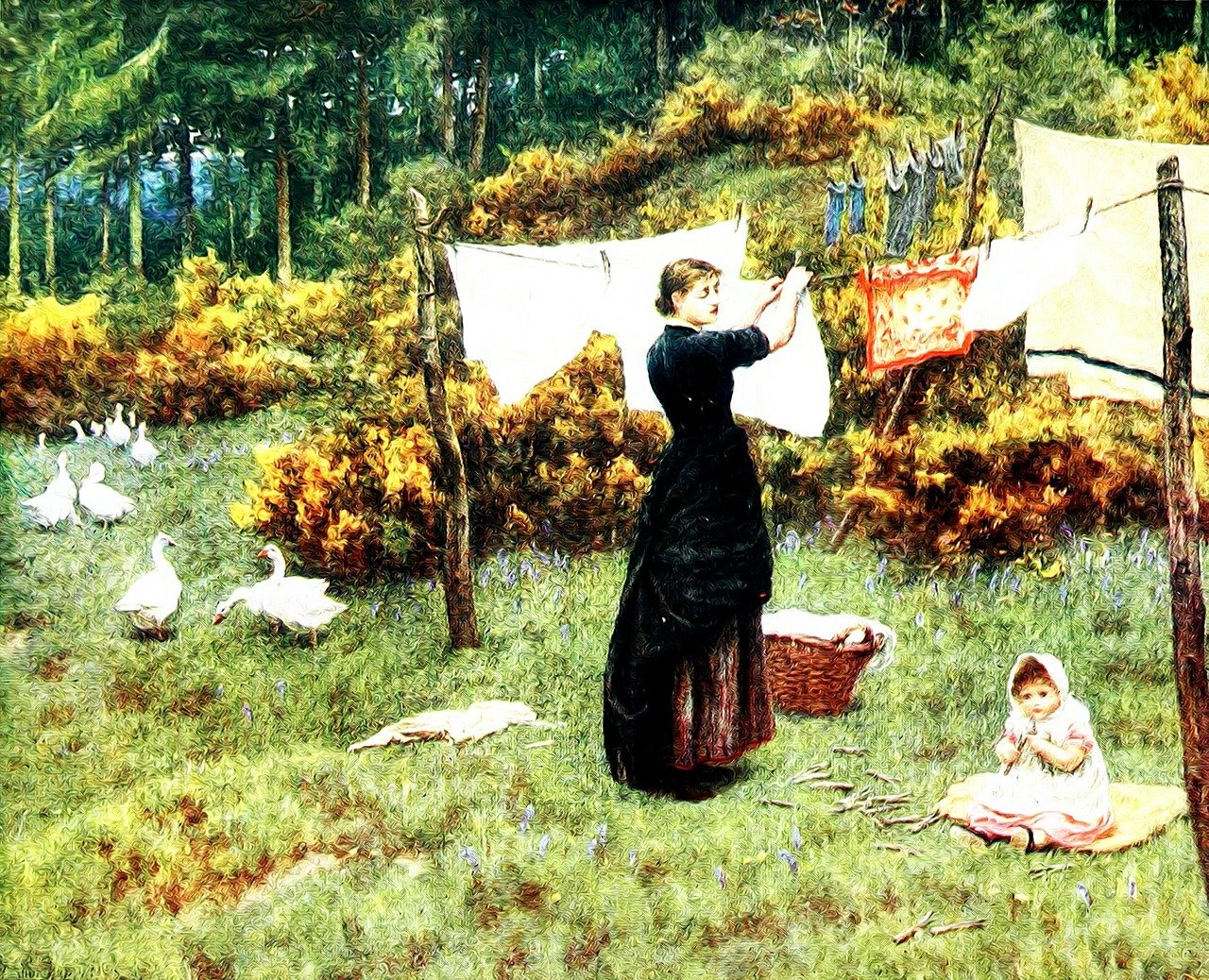
The Queen of the Corn-market in love
Sergeant Troy starts to work as a farmer in the fields of Bathsheba, and they meet on other occasions. Bathsheba is in love with Frank Troy and as strong woman she throws away her strength. For the first time in her life, she embraces a woman’s weakness having discovered the “true” love; hence she is twice as weak as the other women. In a certain way, Bathsheba refuses to control her feelings and behave carefully. The ostentatious charm of Troy is manifest plainly, but his “deformities” are well-hidden. Differently, Oak’s defects cover his virtues. In this moment of apotheosis of love, Bathsheba gets rid of Gabriel and rejects Boldwood’s proposal. She blames herself, believing that “love is misery for women always”. Bathsheba is obstinate in her blind love, firmly being sure that Troy is a good and wildly steady man.
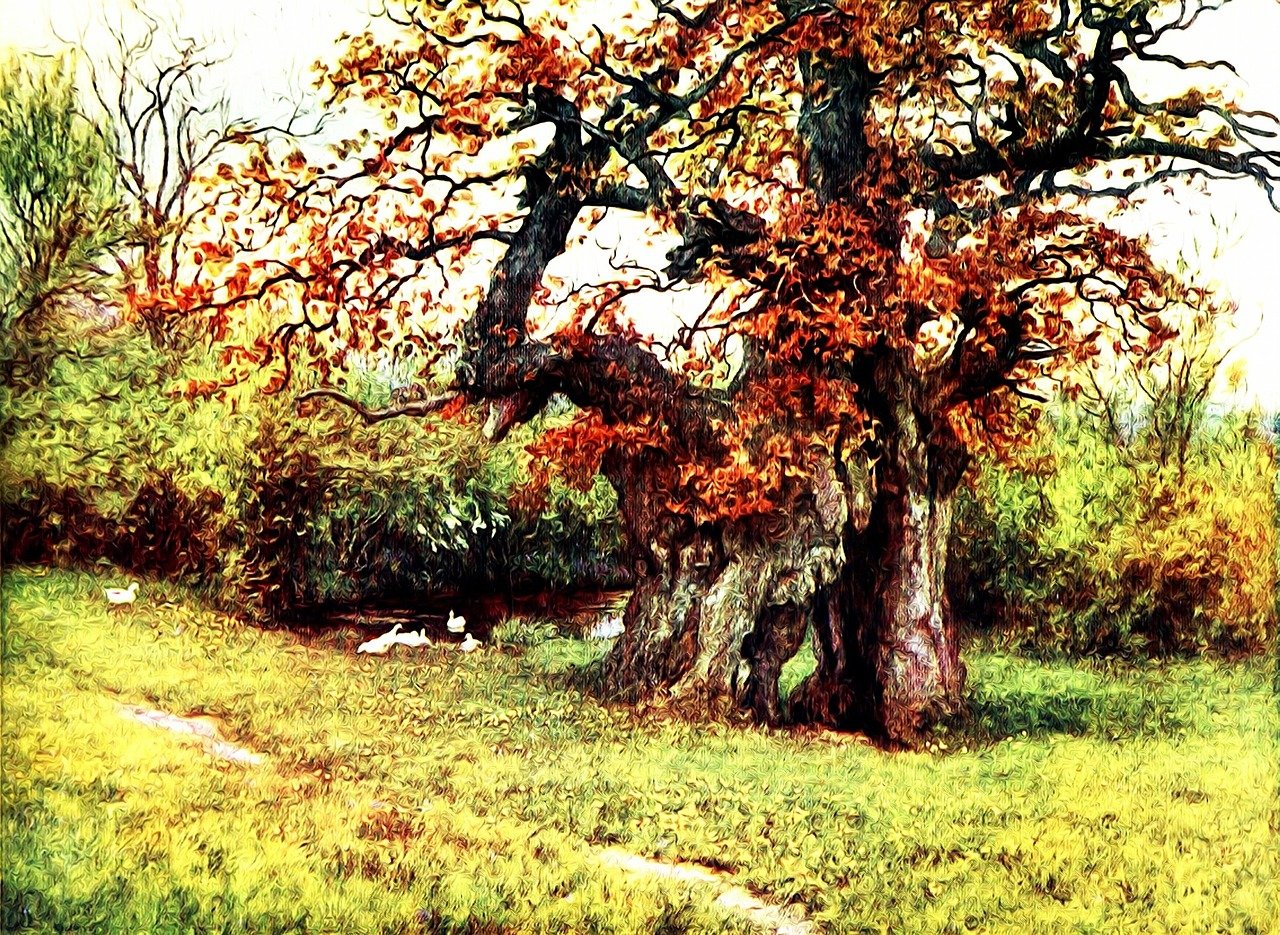
A wedding and a storm
In Far From the Madding Crowd book, the author often describes the beauty of nature in Weatherbury as seasons change. It is amiable to wander with the imagination in this landscaped novel. In this book, the characters have multifaceted traits on different occasions as the several shades of colour in the countryside’s beautiful nature. Bathsheba and Frank get married, and suddenly Frank assumes the features of the arrogant landlord. When a big storm wrapped the farm in a night, “Love, wife, everything human, seemed small and trifling in such close juxtaposition with an infuriated universe”. That very night, Bathsheba found herself alone with Gabriel. At the same time, “the sky was now filled with an incessant light, frequent repetition melting into complete continuity, as an unbroken sound result from the successive strokes on a gong”. While Gabriel Oak is always supporting Bathsheba in the most adverse moments revealing himself “generous and true”, her husband, Mr Frank, never cared for Bathsheba. That very night he went to sleep being drunk after a hangover.
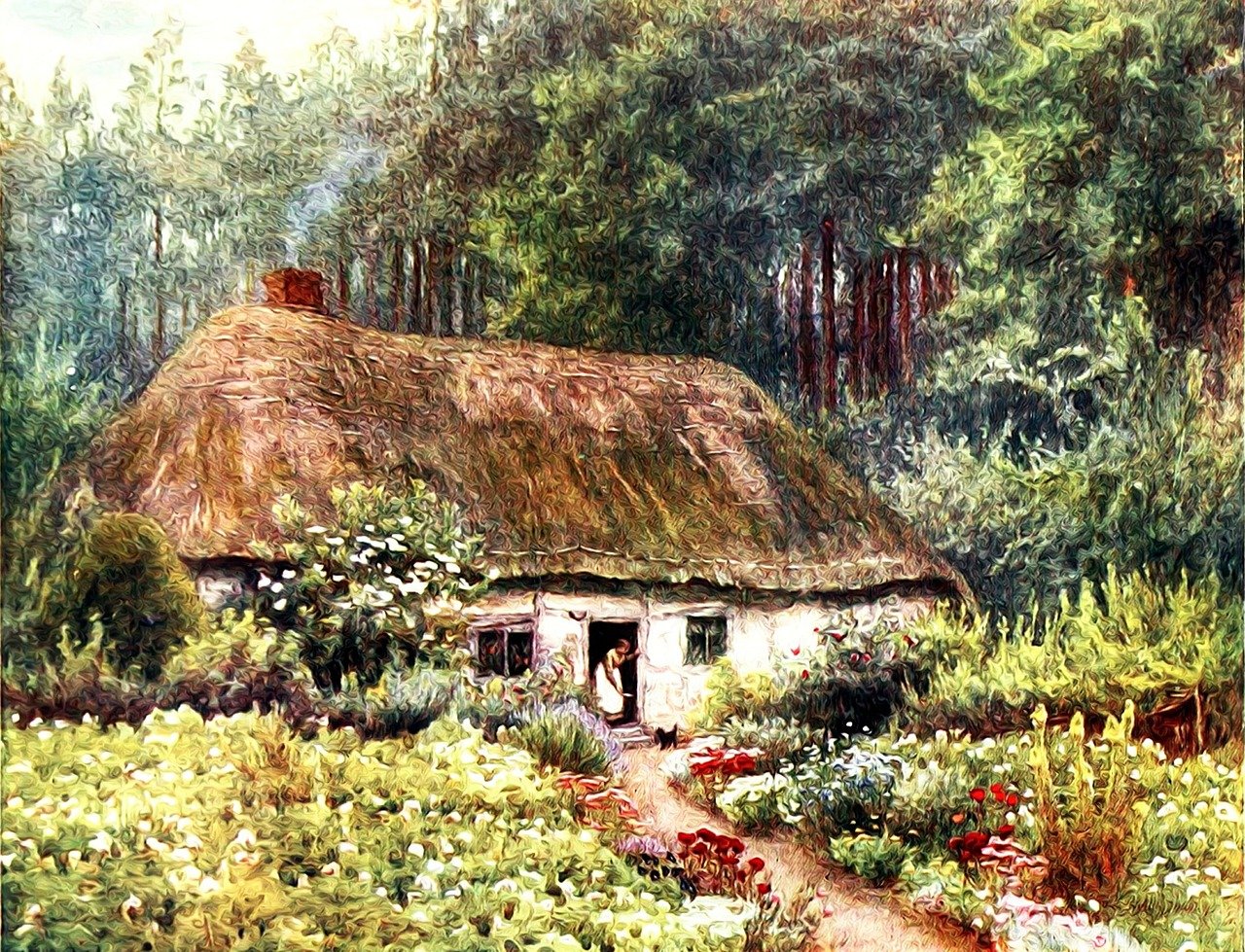
Bathsheba’s anguish
Bathsheba finds out the truth about her husband’s past relationship with Fanny Robin. Her despair enhances after Troy’s confession; indeed, he does not consider her as a wife anymore, rejecting her. For the first time in his life, Frank Troy hates himself feeling miserable, and he decides to leave the village. Bathsheba never embraced the idea of marriage, like most women. Indeed, she had married Troy in “a turmoil of anxiety and emotionality”. She had always been an independent girl, and now she regretted to had become “the humbler half of an indifferent matrimonial whole”. With the time, indifference overcame Bathsheba Everdene, who contemplated her fate as a “singular wretch”. Dark were her prospects as her original traits of youth deteriorated in cold indifference. It was like she was waiting for her end, accepting her inexorable fate.
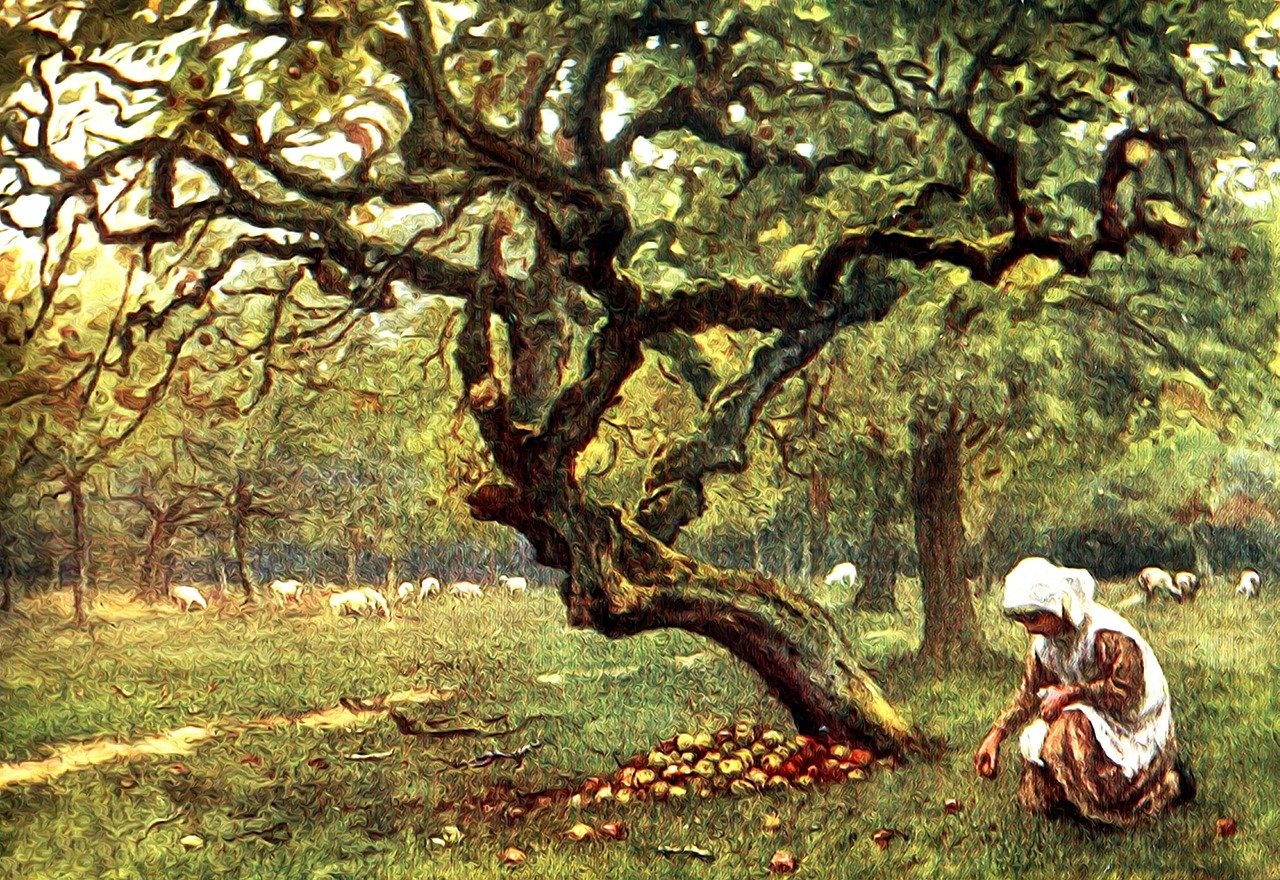
The madness of Boldwood in Far From The Madding Crowd book
The obsession of Boldwood over Bathsheba led him to madness at the point of forcing her to promise to marry him. Since William Boldwood makes Bathsheba feel guilty for having “tricked” him, he doesn’t give her a moment of peace. He is pushy in asking her forcibly to marry him. And the guilt inside her pushes Bathsheba to force herself to accept the “proposal”. Also, she is frightened by his madness, and she was “in a very peculiar state of mind, which showed how entirely the soul is a slave of the body”. The blankness and dullness of Boldwood’s life is a significant reason to focus on Bathsheba obsessively, being his mind completely insane. And “his natural manner has always been dark and strange”. His madness reaches its apotheosis when he shoots Frank Troy, who came back after a long disappearance to get his wife back for financial reasons. Both Troy and Boldwood disappear from the life of Bathsheba, leaving her in peaceful freedom.

The happy end of Far From The Madding Crowd book
Far From The Madding Crowd is a novel with a happy ending, and it deserves a reading to discover it. Indeed, after a long period of loneliness, Bathsheba starts a new life. This pastoral and historical novel is a tragicomedy. The characters of Boldwood and Troy are somehow caricatural and ridiculous in their tragedy. Even if, at the beginning of the book, Bathsheba is an independent, cheerful and careless girl, her magnetic beauty is the cause of her downfall. She falls in a pit of anguish and despair as soon as she gets involved with Boldwood and Troy. Indeed, Miss Everdene had lost the whimsical feature to become a wise and humble girl with the time. Although the Bathsheba Everdene is a woman who endured abusive relationships, she begins a new life. Even though the novel occurs in the Victorian age, the heroine is an educated and independent girl, who becomes manager and mistress of a big farm at an early age.

The unusual heroine of Far From The Madding Crowd book
Bathsheba Everdene is the unusual heroine of a Victorian novel, a powerful and talented woman in the rural Wessex. Thomas Hardy associates her to the Greek goddess Diana, the goddess of the countryside and wilderness. Indeed, in this pastoral tale, Bathsheba is the personification of Diana. She is hardworking, fierce and brilliant. Nevertheless, she falls in a trap when she meets Troy, who deceives her. Bathsheba doesn’t follow the conventional rules of her period. Indeed, she doesn’t want to marry like the other women. Bathsheba desires to pursue the business of her farm. She trades with men, and she is unafraid to inspect the factory alone at night. Even if she is wealthy, she gets up early every morning and fulfils her tasks as a sovereign manager, taking full responsibility of the farm. Thomas Hardy was a feminist in the Victorian age, which represented the “Age of Reform”. I’ve read this digital edition in Apple Books.




